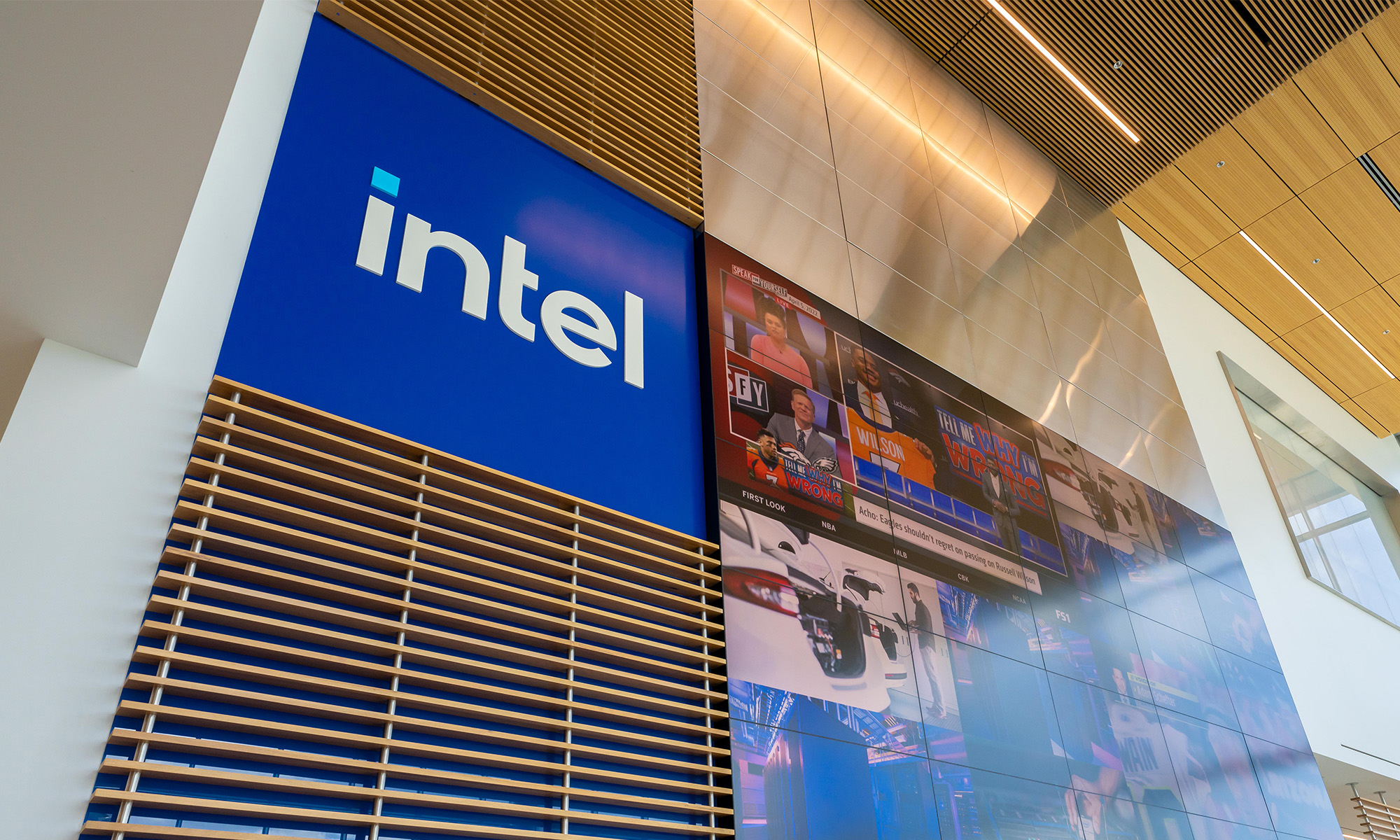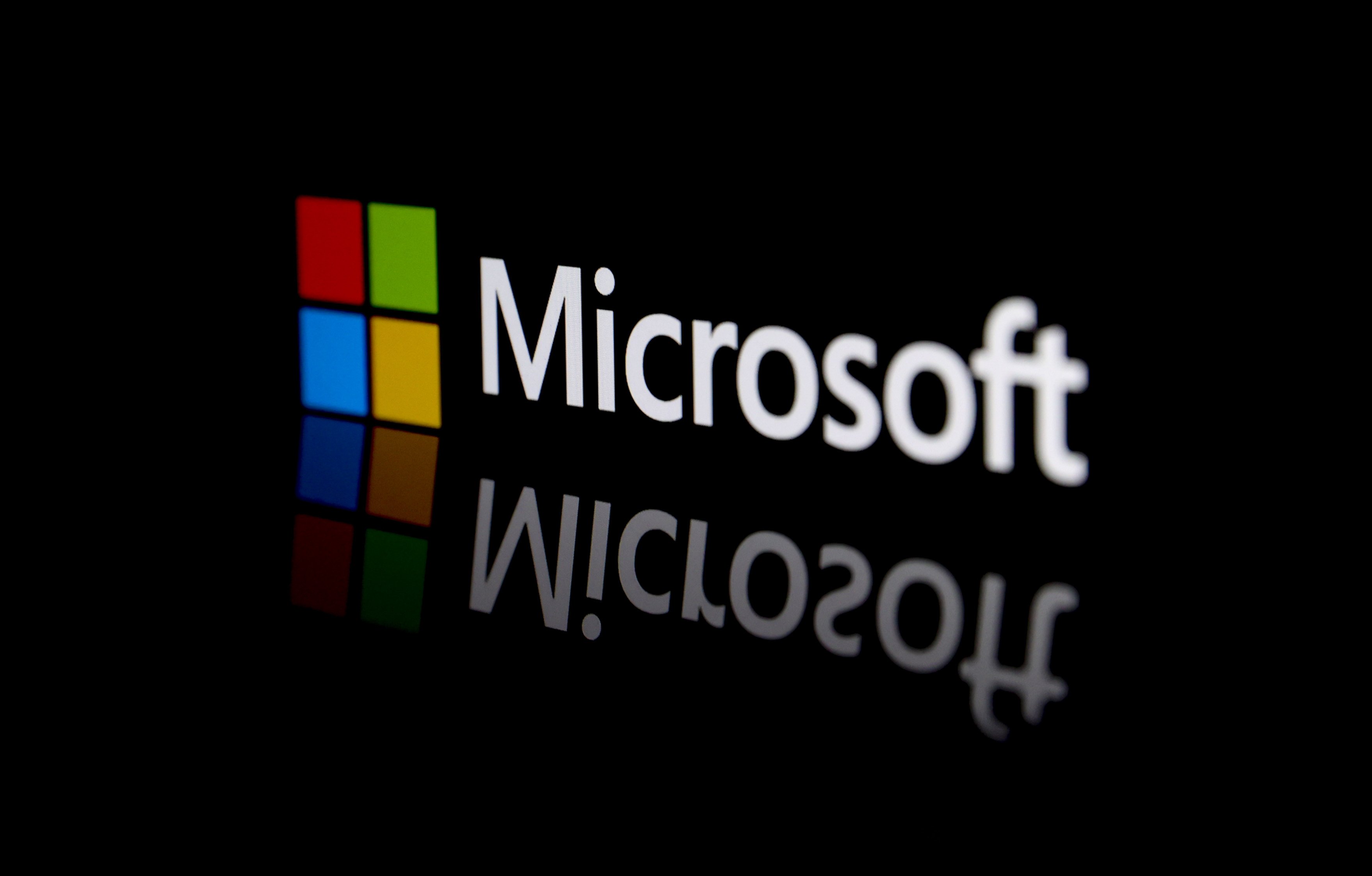If you've ever listened to our Motley Fool Money radio show, you're likely already familiar with our Foolish "buy, sell, or hold" game.
In BSH, we tee our guests up with concepts rather than actual stocks, as a way to ask whether they're bullish or bearish about their future. A "buy" indicates that the guest is a fan of the idea or thinks it could be a big opportunity. A "sell" indicates the opposite, and a "hold" means no strong conviction either way.

Image Source: Getty Images.
I recently got an opportunity to chat with Trend Hunter founder and CEO Jeremy Gutsche. Jeremy is one of the world's most forward-looking thinkers, advising large clients such as Coca-Cola, Samsung, and Disney on how to build their innovation strategies based on developing market trends.
Jeremy and I played a round of "buy, sell, or hold" as a way to frame our discussion around the futuristic topics of gene editing, space travel, Elon Musk, and human brain enhancement. Investors who want a glimpse into the future might be interested in hearing Jeremy's highly informed point of view.
The audio of our conversation is provided below, with a transcript included as well.
Check out the latest earnings call transcripts for companies we cover.
Transcript
Motley Fool Explorer Lead Advisor Simon Erickson: Perfect. Now Jeremy, before I let you get out of here, we have to play a game that we love here at the Motley Fool, which is "buy, sell, or hold"? These are not for individual stocks, but these are concepts. If you're very bullish on the concept, that's a buy. If you're very bearish, it's a sell. If you need more information or you're unsure, that's a hold. Each of these will be a prediction of it happening within the next five years. So here we are January 31, 2019. A strong buy would be "this definitely happens by January 2024," and a sell would be the opposite, there's no way this could happen in the next five years. Are you ready, Jeremy?
Trend Hunter CEO Jeremy Gutsche: I'm ready, let's do this.
Erickson: Okay, the first is gene editing has been a very hot topic around the world lately. In fact, a Chinese scientist got in a lot of trouble lately because he announced that there was a birth of genetically engineered babies using CRISPR-Cas9. He's now been fired from the group that he was working with, and there's a lot of scrutiny about this technology.
Buy, sell, or hold another genetically engineered human being being born in the next five years?
Gutsche: Strong buy, absolutely. The problem that we've run into, is CRISPR is like having Microsoft Word and the power of your desktop. The guy that changed humanity, who actually was a Stanford-educated guy, was acting out of individual greed, but capable of creating a genetically modified human already with technology from even now a couple years ago. So in the next five years there's going to be more researchers out there who have an exciting desire to see if they can change the gene pool.
The danger with it is that of the second twin who's edited in China and now growing up, has forked humanity. So that person is now completely different. What if they grow up to be 12 foot tall? Are you going to kill them? No. They've changed humanity. That's frightening, but that's a strong buy and I would bet you there's already other humans out there. Perhaps in a military research camp in China or Korea, who knows, Russia. But the point is, that's a strong buy.
Erickson: Okay, strong buy on gene editing. Second prediction for you, Jeremy. Space travel has fascinated us and is extremely innovative right now. In fact, at the Future Fest presentation that you gave, you compared the NASA rockets to the dimensions of horses. I won't go down that rabbit hole, but it's a very interesting comparison on why things are standardized in government-funded programs. We saw that NASA's InSight Rover just landed on Mars in late November, which is another spacecraft that has now hit the Martian surface.
My question for you is, buy, sell, or hold a private company with no government funding putting a spacecraft on Mars without humans? But putting a spacecraft on Mars in the next five years.
Gutsche: I'm going to say a hold on Mars. You're gonna see lots of private aircraft in near orbit. Partially because they're being funded by NASA to get astronauts up there. Right now NASA canceled the near-orbit programs, and they pay Russians $85 million dollars per astronaut to get in the Space Station. That's why Elon Musk and others know that they have budget to try and do what they're doing. They're looking at $20 million dollars per astronaut to get someone in near earth orbit.
But the dollars involved for Mars are a completely different scale, and it's a much different level of complexity. So I would be a hold on that, though not necessarily a sell.
Erickson: Okay, hold on private space travel. The third one is actually a person's name you just mentioned in your last statement there. He's one of the most innovative people on this planet.
Buy, sell, or hold Elon Musk still being the CEO of Tesla in five years?
Gutsche: I'm gonna go with buy. I think that what separates him from other CEOs is that he's proven himself multiple times over. He is a celebrity among CEOs, and if you're a holder of that stock, you recognize the power of the celebrity. And yet you probably hold other stocks where you don't even know the CEO's name.
Erickson: Okay, so a buy on Elon. And then here's my final one for you, Jeremy. The last one is we've seen a lot of academic studies on electrical devices that can read your brainwaves or even interact with our minds. A lot of this is need based. It's for moving prosthetic limbs, for disabled people, or assisting people that have serious diseases. But in theory, an implantable brain computer interface could be used for human enhancement.
Buy, sell, or hold a product hitting the market that could be used for human enhancement, that is interfacing with your brain in the next five years?
Gutsche: I'm going to say buy, because actually to reference Elon Musk, he said we are already in a way becoming androids because of our phone. We already have that interconnection and we're cyborgs.
Let me rephrase that. Elon Musk said we're already cyborgs because our phone gives us access to all this wonderful information. The problem is, we fumble around with our fingers to type out what we wanna do and then get what we need from our little computers. In MIT Media Lab, they've already created a device that can read the inner voice of your mind and are using that now in their tests to show how you might be able to control what you're looking at on Hulu or Netflix. Or give the total of the groceries that you're buying in the store.
There's enough momentum behind that in every phone in every person's hand on the planet, to recognize how quickly you could sell a device that would quicken the interface between you and your phone. And it would also line up to the race that you see between the Amazon Alexa products and the Google Home products. So I would put that as a buy.




